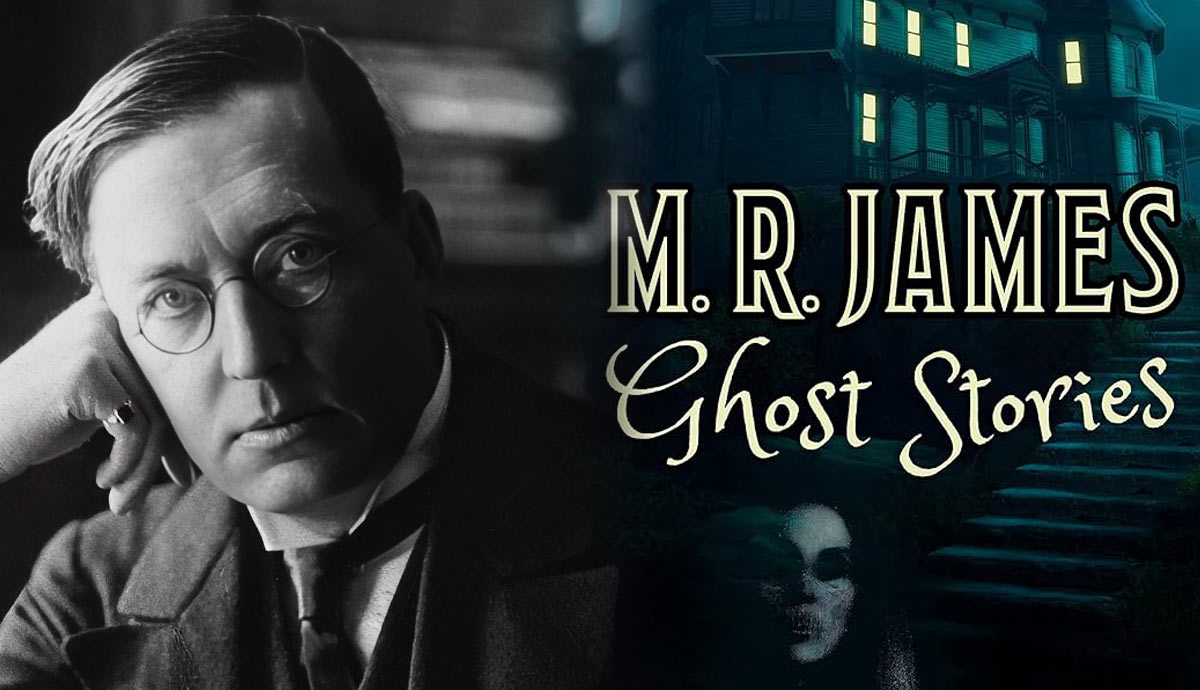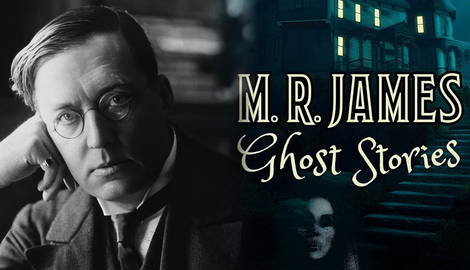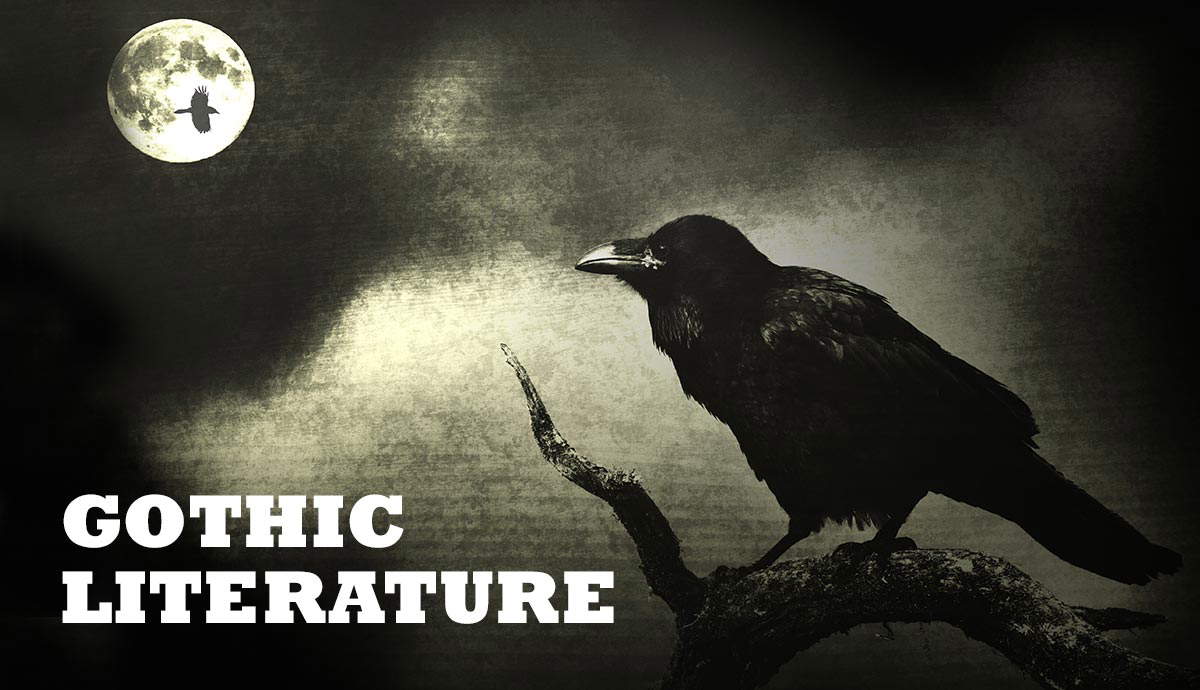
As a medieval scholar, Montague Rhodes James known as M.R. James) spent most of his life in academic circles both at Eton College and Cambridge University. It was there that James started the tradition of reading ghost stories to his friends and students as a Christmas Eve entertainment. Encouraged by the reception, he began writing and publishing these in a collection of short stories. These are the legacy for which James is famously known. His works have been influential to horror writers for generations including H.P. Lovecraft. James’s style is so recognizable that the term ‘Jamesian’ was coined to describe ghost stories in a domestic setting.
What Type of Ghost Stories Did M.R. James Write?

Although writing in the wake of the Gothic tradition, James deviated from that style of horror literature. He opposed what he viewed as the more fantastical elements of Gothic stories such as damsels in distress, supernatural creatures and gloomy castles. His style instead grounded supernatural events in the recognizable, everyday world of his readers. His narrators are often characterized as naïve, calm and rational in the face of the ghostly occurrences.
The settings were typically charming English villages or sometimes European equivalents. Into this domestic familiarity, the supernatural would be introduced, usually via some antiquity that the unfortunate narrator would interact with. As a writer, James was driven by trying to make his readers feel that the events could very easily happen to them. In total, James wrote 34 ghost stories (published in various collections), including ‘Lost Hearts’, ‘Oh Whistle and I’ll Come to You, My Lad’ and ‘A Warning to the Curious’.
How Important Was M.R. James’s Career as a Medieval Scholar?

M.R. James is now best remembered as the writer of ghost stories; however, during his lifetime he achieved great renown as an important Medieval scholar. Amongst his achievements was the discovery of a manuscript fragment in 1902 which led to the excavation of a ruined abbey in Suffolk. The remains of several abbots (including the chronicler Jocelyn de Brakelond) has been lost since the dissolution of the monasteries, making this discovery a highlight in James’s career.
Alongside his description of the cloisters in Norwich Cathedral; cataloguing of manuscripts in the University of Cambridge library; creating the authoritative biography of Ethelbert II of East Anglia; and presiding over the acquisition of Titian paintings for the Fitzwilliam Museum in Cambridge, James created his ghost stories. His scholarly works are clearly influential on his supernatural tales as they contain a recurring motif of ancient artefacts, cathedrals and academic settings and some of his most famous protagonists are scholars like himself.
What did M.R. James Do at Eton and Cambridge?

The origins of M.R. James’s ghost stories are rooted in his long academic career at Eton College and the University of Cambridge. After attending Eton College, James first studied as an undergraduate at King’s College, Cambridge. Later going on to become a don and then provost, James made deep and long-lasting connections with the university. His familiarity with these academic settings provided him with a rich and complex setting for many of his ghost stories including his story ‘A Night in King’s College Chapel’, which was based in part on his experience of being accidentally locked overnight in the library of Corpus Christi College.
Furthermore, his original ghost stories were not intended to be published; they were written as entertainment for friends and students at college where it became a tradition to read them on Christmas Eve. This origin story was captured by the BBC when they came to dramatize some of M.R. James’s stories in 2000. The series famously features Christopher Lee (a horror icon), reading the ghost stories from an armchair in a candlelit room of King’s College.
What Literature Did M.R. James Enjoy?

Unsurprisingly for a man like James, his scholarly pursuits also made him a voracious reader. His tastes could be described as traditional in that he loved Shakespeare, Dickens and the crime writing of Agatha Christie. Despite being associated with horror writing, M. R. James wrote disparagingly about many of his contemporary authors and was scathing in his opinions of others such as Bram Stoker and H. P. Lovecraft. He also disliked modern, experimental authors such as James Joyce and Radclyffe Hall, even going so far as to call for a ban on Hall’s novel ‘The Well of Loneliness.’










